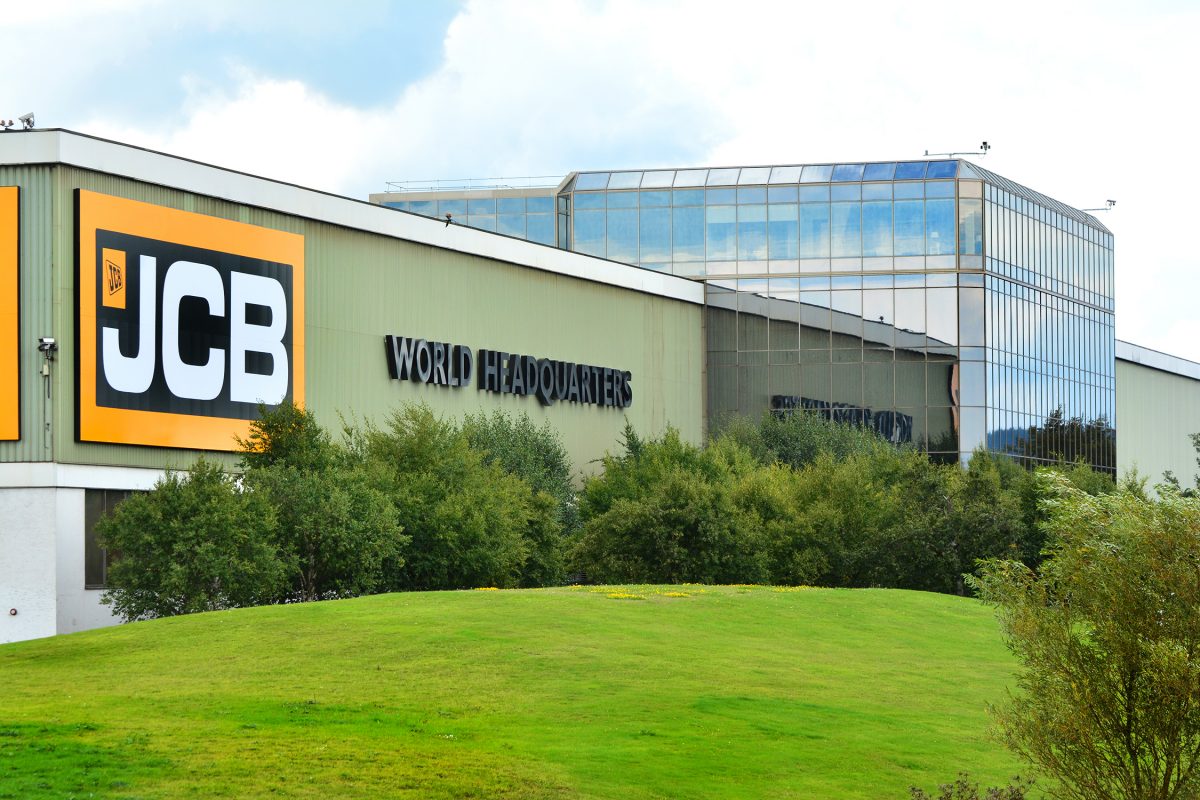


The Delhi High Court has cancelled an ongoing investigation by the Competition Commission of India (CCI) against JCB, a UK company with accustions of misusing its dominance in the market. This ruling was made in the matter of JCB India Limited and Anr v The Competition Commission of India and Anr, where a Division Bench of Justices Prathiba M Singh and Amit Sharma nullified both the CCI proceedings and a search warrant order issued against JCB by the trial court.
The case began with a complaint from Bull Machine, an Indian company that makes tractors and tractor attachments, alleging that JCB was using its dominant position unfairly.However, after a mediation process directed by the Supreme Court, Bull Machine and JCB reached a settlement in 2021, leading Bull Machine to withdraw its complaint from the CCI. Despite this settlement, the CCI continued its investigation against JCB, prompting the latter to seek judicial intervention.
The High Court strongly criticized the CCI for persisting with the investigation post-settlement, emphasizing the importance of respecting the outcomes of mediation processes. The Court stated, “Mediation processes and settlements have to be recognised and acknowledged by all Courts/fora where disputes are pending. Regulatory authorities such as the CCI are no exception to the same. It is imperative that the CCI and similar bodies honour the outcomes of mediation and respect the settlements reached between parties.In doing this, they maintain the credibility and trustworthiness of the mediation procedure while also cultivating a legal atmosphere that promotes peaceful resolution of conflicts without worrying about potential regulatory involvement.
The Bench also emphasized the possible adverse effects of ongoing investigations after a agreement has been made, noting that it may erode confidence in mediation and discourage future use of it. The Court explained that it might result in a loss of confidence in the mediation procedure, since parties could worry that their attempts to resolve conflicts peacefully might not be taken into account.Moreover, settlements in general being agreements voluntarily agreed to between parties, unless there is an extraordinary situation, they cannot be permitted to be reopened – so as to ensure ‘FINALITY’ and ‘CLOSURE’. Furthermore, the threat of continued investigations by the CCI could compel parties to engage in prolonged and costly legal battles, defeating the purpose of settlements.”
Another vital element of the verdict was the Court's acknowledgement of the IPR holders' rights to safeguard their intellectual property. The Bench warned the CCI about exceeding its authority, especially in matters under the jurisdiction of a High Court or commercial court.
This decision was made in reply to two requests submitted by JCB. The company previously filed a lawsuit against Bull Machine in the Delhi High Court for copying designs, infringing copyright, and misrepresenting their products. The investigation by the CCI, which began in 2014, was prompted by Bull Machine's accusation that JCB's infringement allegations were groundless and amounted to an abuse of power. JCB questioned the CCI's authority to review the validity of its infringement allegations, which were currently being considered by the Delhi High Court. In 2015, JCB challenged a raid at its facilities carried out during the CCI's inquiry.
In the end, the resolution of the disagreements between Bull Machine and JCB was achieved through a mediation process mandated by the Supreme Court. The Delhi High Court’s ruling to annul the CCI’s inquiry highlights the significance of upholding mediation results and protecting the rights of parties opting for dispute resolution through mediation.
TAGS: Delhi High Court CCI investigation JCB mediation settlement Bull Machine dominant position intellectual property rights design infringement copyright violation abuse of dominance quashed inquiry legal jurisdiction.